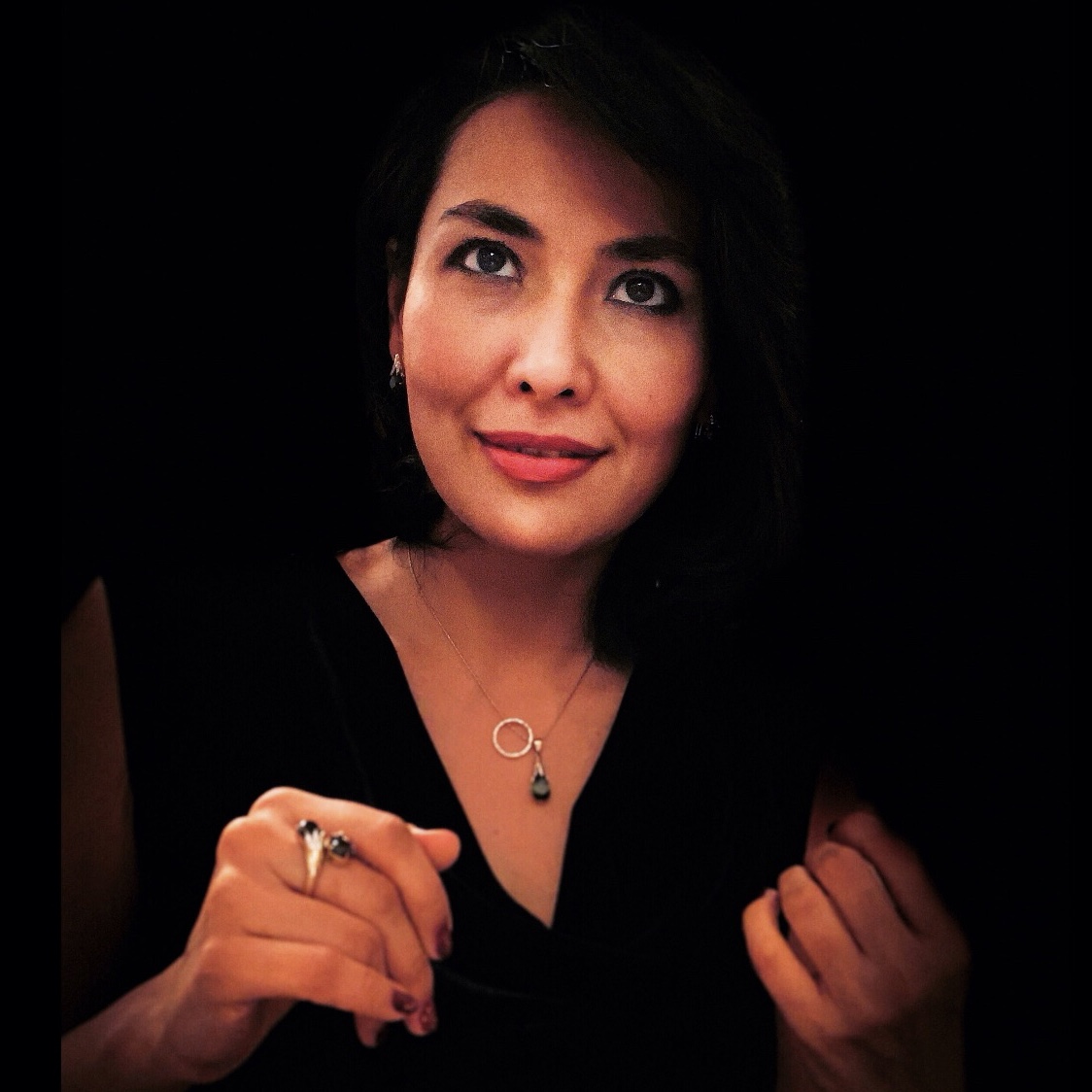Mindfulness Made Simple
- Gulnoz Saydamin

- Jan 18, 2022
- 3 min read
Updated: Feb 12, 2023

My mindfulness journey has started long ago due to a serious burn-out. Well, generally my profession of a human rights lawyer is mentally demanding job with specific side affects, especially during humanitarian missions. The work in war-zones and post-conflict settings may cause different mental health issues, including compassion fatigue, post-traumatic stress disorder, depression, addictions etc... just to name a few. At the UN, the employees have a limited options to address this "collateral damage". In my case, I was prescribed five sessions of therapy for my PTSD and compassion fatigue covered by the UN insurance. However, it had a temporary effect. In 2015, I had to take a sabbatical break after my last mission to war-torn Ukraine. Both my therapist and life coach advised to work on mindfulness as a part of my recovery, recuperation and healing. I needed a lifestyle shift.
And now, I do my best to incorporate mindfulness practices into my life. Simply can't imagine my day without a guided meditation as an indispensable part of my selfcare routine. Why? To maintain a healthy and happy family. To weather the storm at home created by a toddler and a teenager. To better navigate the relationship with my husband. To manage the dysfunctional relationships in my immediate surrounding. To manage anxiety about the uncertainty of future and constant health risks in the Covid pandemic. And many other personal and circumstantial challenges. Practicing mindfulness helps me to maintain control of my composure, temper and nerve. I highly recommend practicing mindfulness to new and experienced parents, especially to new Moms to relieve post-partum depression and anxiety.
As a typical lawyer, I start with a definition. How do you understand mindfulness? It's being present now and here. Now, let's dig a bit deeper. Jon Kabat-Zinn, an American professor of medicine, is the founder of the mindfulness-based stress reduction (MBSR) technique. In the 1979s, he has developed a new approach by applying a science-based approach to traditional principals of Buddhism. It was widely accepted by the mainstream medicine that the MBSR may help to fight depression, anxiety disorders, additions and other health conditions.
Mindfulness is awareness that arises through paying attention, on purpose, in the present moment, non-judgmentally,” says Kabat-Zinn. “And then I sometimes add, in the service of self-understanding and wisdom.”
To put it simply, mindfulness is a mind-body medicine practice to change your relationship with stress, emotions, suffering and pain. But how to actually practice mindfulness? I liked much the podcast at Headspace by mindfulness teacher Kessonga Giscombe on 8 inter-related pillars of mindfulness and how to incorporate these practices to successfully achieve our goals. He mentions non-judging, patience, acceptance, non-striving, letting go, beginner's mind and humor. Kessonga gives the following advice on how to practice mindfulness daily:
Don't Judge Harshly: pay attention to the present moment without judging, yourself, others and this situation. For example, if you keep telling yourself: "I'm not good enough!" try to shift out of this judgmental thoughts.
Patience Takes Practice: in our world of immediate gratification, it is important to practice deliberate patience by being in the present moment and letting our journey to unfold. Don't buy shoes today, but next week.
Accept Where You Are: acceptance means seeing things as they actually are in the present moment without judgement. Before making any changes in our lives, we have to start with accepting where we are now and here.
Trust Yourself: listen to your inner guide, be in tune with your intuition. We are born mindful.
Non-striving Attitude: in the culture of obtaining more and more rights now, set your goals and aspirations, but pay attention to the present moment which is a journey and appreciate it.
Lost in Thought: recognize that you're holding and gently let go of your experiences, both negative and positive.
New Beginnings: beginner's mind is seeing and experiencing things as if it's for the first time. Approach everything in the present moment with gently mind and curiosity as it has never happened before as every moment is completely brand new,
The Healing Power of Laughter: don't take yourself too seriously and don't forget to smile and laugh more often.
It's never to late to live better. If you haven't set your new year goals, do that now: decide to be more mindful. If you'd like to learn more of my lifehacks in creating a healthy&happy family and to find personalized ways of applying them in your life, book a free discovery call or "New You!" individual session with me! You can do it in few clicks here.
Hugs
Gulnoz



Comentarios